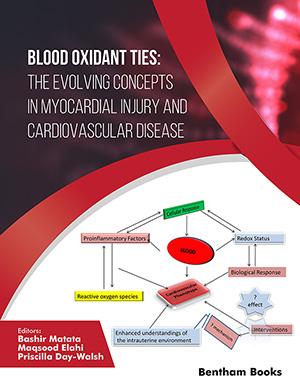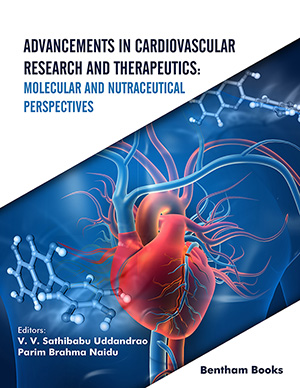
Abstract
Coronavirus Disease 2019 is caused by the severe acute respiratory syndrome coronavirus 2 (SARS-CoV-2) and has become a worldwide pandemic. Since 2019, the virus has mutated into multiple variants that have made it harder to eradicate and have increased the rate of infection. This virus can affect the structure and the function of the heart and can lead to cardiovascular symptoms that can have long-lasting effects despite recovery from COVID-19. These symptoms include chest pain, palpitations, fatigue, shortness of breath, rapid heartbeat, arrhythmias, cough and hypotension. These symptoms may persist due to myocardial injury, cardiac inflammation or systemic damage that may have been caused during infection. If these symptoms persist, the patient should visit their cardiologist for diagnosis and treatment plan for any type of cardiovascular disease that may have developed Post-COVID 19.
Keywords: SARS-CoV-2, COVID-19, cardiovascular effects, cardiovascular, long-term, cardiology.
[http://dx.doi.org/10.1038/s41564-020-0695-z] [PMID: 32123347]
[http://dx.doi.org/10.2217/fca-2020-0126]
[PMID: 19453650]
[http://dx.doi.org/10.1161/01.RES.0000102042.83024.CA] [PMID: 14615493]
[http://dx.doi.org/10.1097/00042871-200401001-00733]
[PMID: 32311448]
[http://dx.doi.org/10.1038/s41569-020-0413-9] [PMID: 32690910]
[PMID: NBK537098]
[http://dx.doi.org/10.21037/atm.2018.11.08] [PMID: 30603648]
[http://dx.doi.org/10.1001/jamacardio.2020.0950] [PMID: 32211816]
[http://dx.doi.org/10.1161/CIRCULATIONAHA.108.778837]
[PMCID: PMC8010604]
[PMID: 32171076]
[http://dx.doi.org/10.1101/2020.12.14.422555]
[http://dx.doi.org/10.1016/j.celrep.2021.109292]
[http://dx.doi.org/10.1111/jce.14479] [PMID: 32270559]
[PMID: 32305329]
[PMID: 33079180]
 28
28 2
2
















